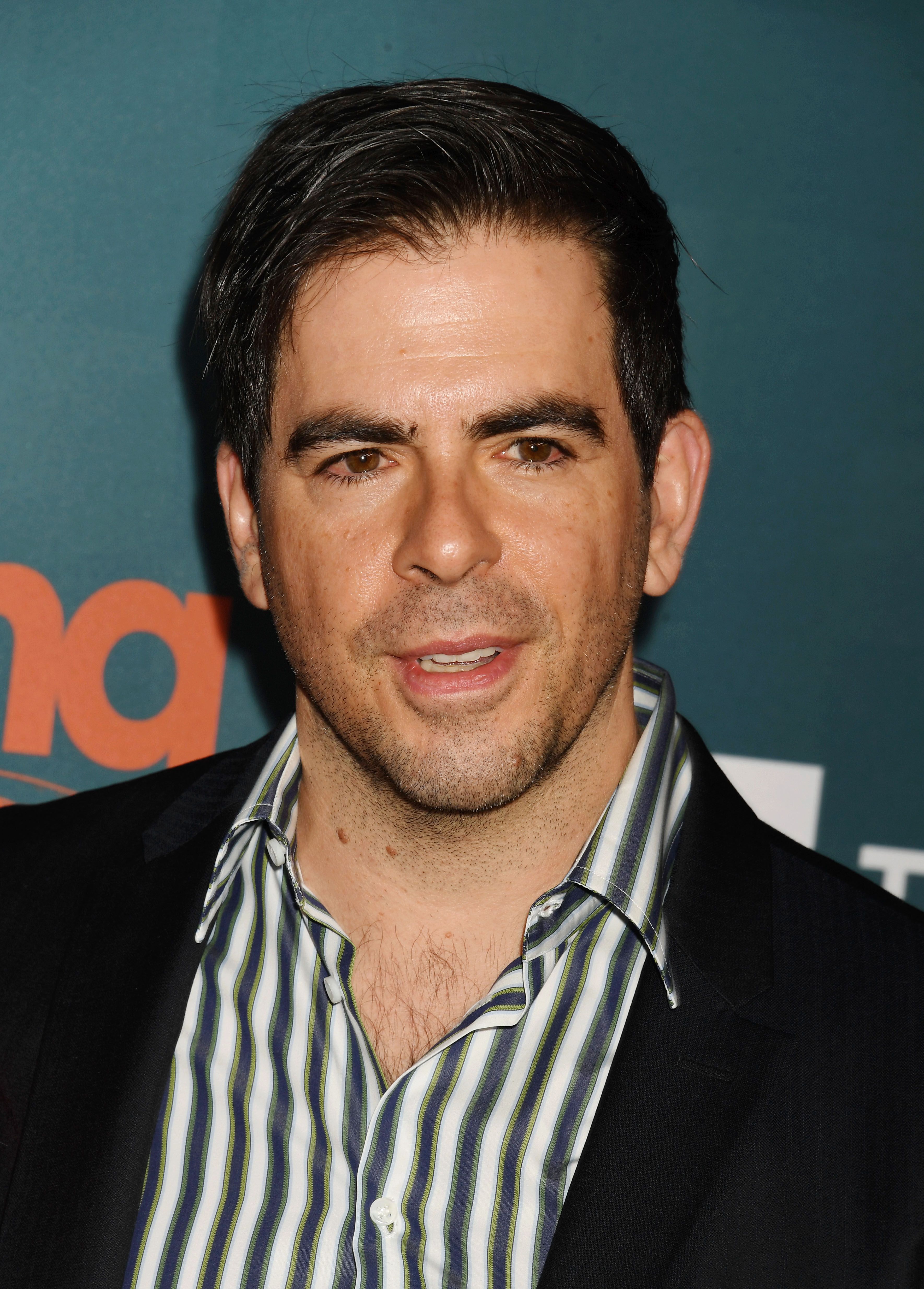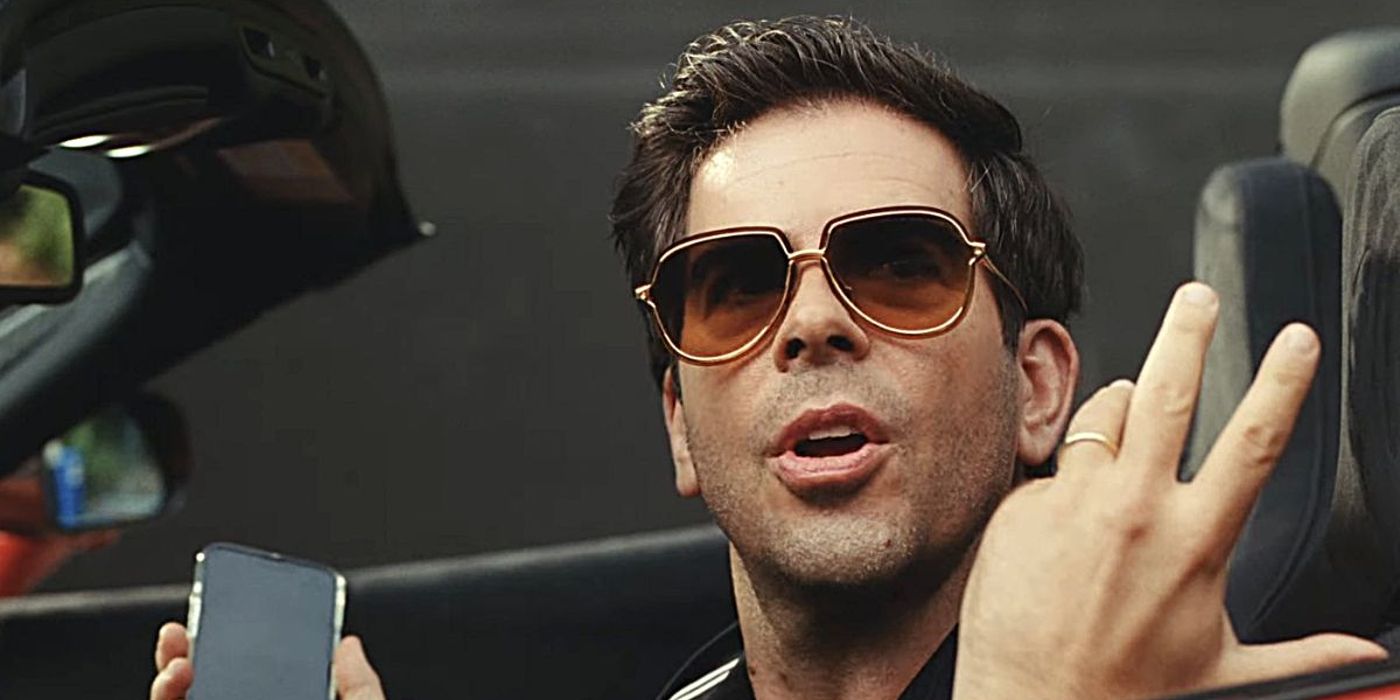Acclaimed horror director Eli Roth shares his perspective on the challenges of directing low-budget films versus big-budget blockbusters. The filmmaker, known for Hostel and Cabin Fever, has dabbled in both. His first few movies as director were low-budget horror movies often defined by their intense gore. However, recent years have seen Roth turn to more traditional studio fare with larger budgets; most recently, he directed Liongsate’s Borderlands, a large-scale adaptation of the video game series of the same name.
During a panel hosted by Screen Rant‘s Joe Deckelmeier at Fan Expo San Francisco, Roth reflected on the career trajectories of filmmakers like Peter Jackson and Christopher Nolan, who started with modest resources before moving on to larger-scale productions. According to Roth, low-budget productions demand ingenuity and adaptability, separating directors who thrive under constraints from those who rely heavily on financial backing. Check Roth’s full comments below:
I think it’s the people that broke the ground, like Peter Jackson with The Lord of the Rings. What’s great is that you can’t tell if someone’s a good director when they’ve been given a budget of $200 million because there’s too much money. But when someone pulls off a great movie for a million dollars, you’re like, ‘Damn, this person knows how to f–king direct.’ When someone can pull off a movie on a low budget, and it’s super effective? When Chris Nolan does Following, people are like, ‘Okay, now we’re going to give him Insomnia.’
Studios will look at a director to see what they did with nothing.
And that’s really the test of a filmmaker, because it’s not about framing the shots, it’s about how good of an improviser are you. It’s like being an improv musician or something, because it’s not about how everything goes when you have all the resources in the world, it’s about, “How do you do it when you have no money?” How do you do it when it’s Paranormal Activity? How do you do it when it’s Evil Dead, and there’s a certain energy and a certain fun and a certain freewheeling chaos that those movies have that you feel like you’re in the hands of a lunatic?When it’s Tobe Hooper doing Texas Chainsaw Massacre, then Spielberg can bring him onto Poltergeist. There’s a long tradition of that, like James Cameron. Obviously, these directors can grow into these big budget movies.
But obviously, more money, more problems. It gets harder.
You suddenly encounter a whole set of other problems that you never thought you’d have to deal with. The more money that gets spent, the more nervous they get, the more they want to control things. Then, suddenly, your battles become completely different. The battle isn’t having enough money. It’s about just fighting creatively over what they need to do.
Many Notable Directors Got Their Start In Small Budget Filmmaking
Low-budget projects have long served as a way for aspiring filmmakers to prove themselves. Horror is frequently a starting point for many successful directors, providing a platform to showcase their skills early in their careers. Similarly to Roth’s own Hostel, other successful filmmakers, like James Wan (Saw) and Jordan Peele (Get Out), used small-budget horror films as stepping stones to major projects. Roth’s comments underline how limited resources can inspire creativity, pushing directors to craft compelling narratives through clever problem-solving and storytelling. Success in this arena often captures the attention of studios, which value directors capable of thriving under diverse circumstances.
While low-budget filmmaking fosters innovation while still remaining under the pressure of a small budget, blockbuster productions introduce a different set of challenges.
Moreover, Roth made a point of how horror films, in particular, often thrive on smaller budgets. Horror classics like Sam Raimi’s The Evil Dead, which had a $375,000 budget, and William Hooper’s The Texas Chain Saw Massacre, which only had a budget of $140,000, achieved iconic status through their ability to maximize creativity and suspense despite minimal resources. While low-budget filmmaking fosters innovation while still remaining under the pressure of a small budget, blockbuster productions introduce a different set of challenges. Roth noted how larger budgets often come with increased studio oversight, which can affect the production team’s creative freedom.
Our Take On Roth’s Directional Perspective
Roth Knows What The Key Part Of Filmmaking Is
Roth’s insights emphasize the value of resourcefulness in filmmaking, especially early on in a director’s career. Low-budget films often test directors in ways that high-budget productions cannot, with many directors stripping the craft down to its core essentials. By exploring the benefits and challenges of different budget scales, Roth’s perspective reminds us that the heart of great filmmaking lies in creativity, not just resources.

